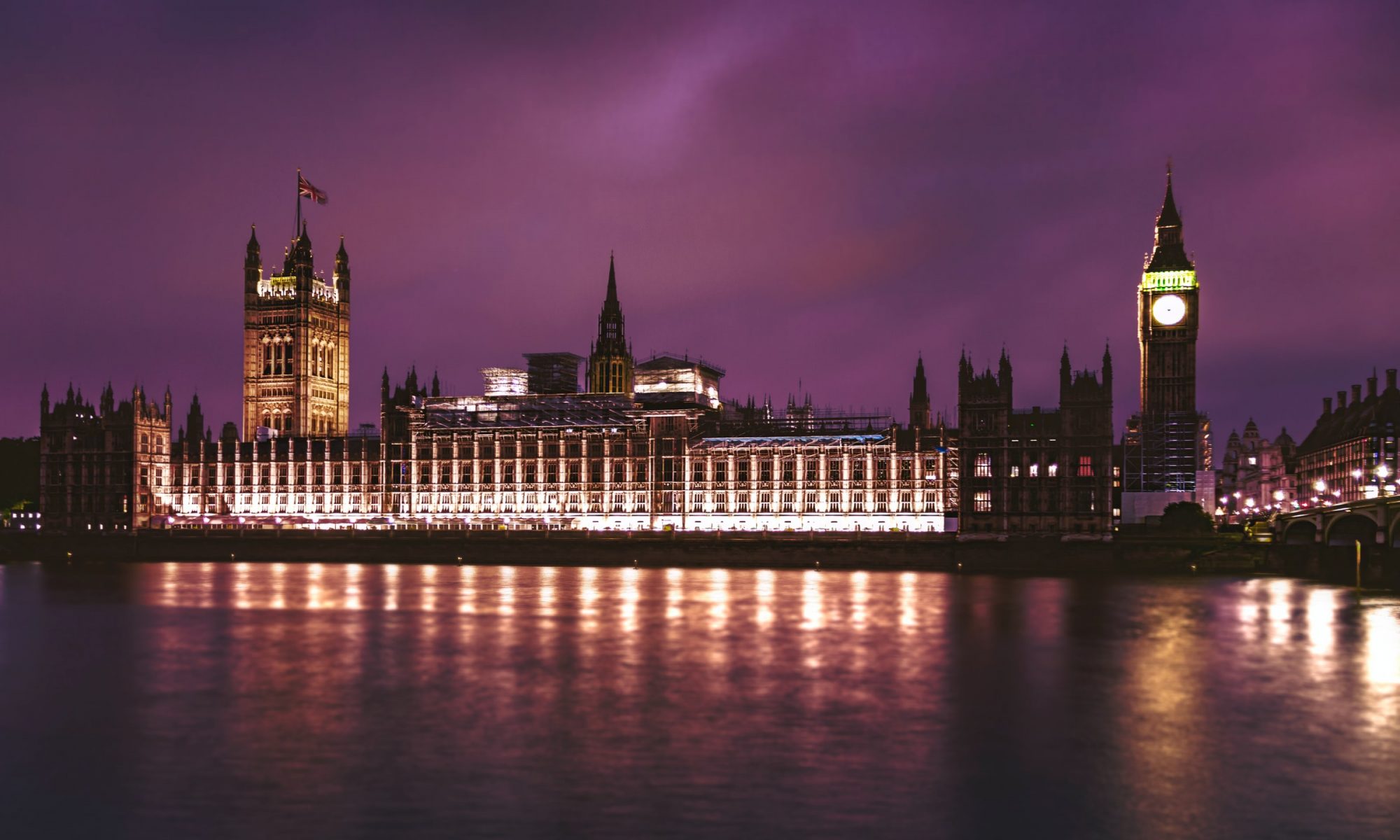In the book of Genesis, God tells Abraham on several occasions that through his descendants and the Seed of promise (Jesus, the Messiah), all the families of the earth will be blessed (Gen. 12:3, 18:18, 22:18, 26:4, 28:14). All peoples and every nation would be blessed by Him and through His living Word, the Bible.
If the Bible is true then we would therefore expect nations who follow God’s ways to be blessed. Not only at a personal level through individuals making Jesus Lord, but also the blessing of entire nations through His Word.
Biblical foundations
My own country – Great Britain – is one nation that has known the blessing of God. It was through changed and reformed men and women that Britain as a nation was transformed. In spite of its failings and turning away from many of its biblical foundations, it still enjoys many of the blessings which are rooted in its rich spiritual heritage.
Britain had very early contact with Christianity through the native Celtic mission which sowed early seeds of the gospel in British soil. After Christian King Alfred led victory over the pagan Viking invasion, he founded the English nation and embraced the Bible as the basis for law and order, beginning with the Ten Commandments which form the basis of any healthy society.
These early Christian foundations are enshrined into English and British law and the Constitution, into political machinery (e.g. parliamentary oaths are sworn on the Bible), and is echoed when the British Head of State (the king or queen) makes a covenant with the God of the Bible and commits, ‘To uphold to the utmost of my power, the laws of God within this realm and the true profession of the Christian faith.’ According to the Coronation Oath Act 1688, the Bible is an acceptable rule book to guide the nation’s leaders and the led. By passing this Act, Britain expected God to speak into every facet of its national life. Sittings in both Houses of Parliament (Commons & Lords) still begin with Christian prayers today.
Democracy & government
The Quaker politician and reformer, John Bright, famously declared in the 1860’s that ‘England is the Mother of Parliaments’. The Westminster model of democracy has been widely exported and imitated around the globe, especially in parts of the former British Empire. This is an example of a blessed nation passing on the blessing to other nations.
The British Parliament has its offices and government located in Westminster, London. As the name suggests, Westminster was originally an influential Christian community. Indeed, Westminster Abbey is the place where since 1066, the past 38 kings and queens have been crowned. Many famous thinkers, prime ministers, industrialists, scientists, writers and actors who lives formed and changed British history are laid to rest or commemorated there, including William Booth, John Bunyan, William Carey, Michael Faraday, Martin Luther King Jr, David Livingstone, Elizabeth Nightingale, John and Charles Wesley, and William Wilberforce.
Rule of law & protection from tyranny
The historical roots for our individual rights and freedoms in the Western world are to be found in the Bible. The recognition by law of the intrinsic value of each human being did not even exist in ancient times. In fact the ancients had no idea what individual rights were. The idea of law arose from the Bible-based concepts of freedom and justice.
Jesus proclaimed liberty and set people free! The Christian faith therefore provided the people of England a state of liberty which was based on the Christian presumption that God’s law always works for the good of society. With their conversion to Christianity, the kings of England would no longer possess an arbitrary power over the life and property of individuals. Instead, they also had to be subject to God’s higher laws. Checks and balances between the branches of government – legislative, executive and judicial – were established based on the biblical revelation of God as our supreme Judge, Lawgiver and King (Is. 33:22).
Instead of altars of idolatry being at the heart of the nation, the British people adopted men of faith and courage in Christ. St George was recognised as its patron saint, someone who defeated the dragon (symbolic of Satan). From the 1270s, St George also became associated with the Christian symbol used for the nation’s flag – a red cross.
To be continued.
(Photo by Deniz Fuchidzhiev on Unsplash)


